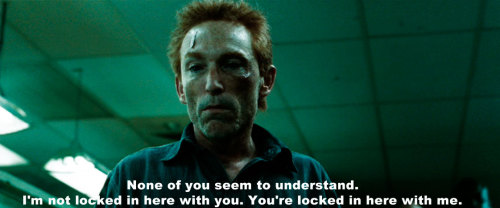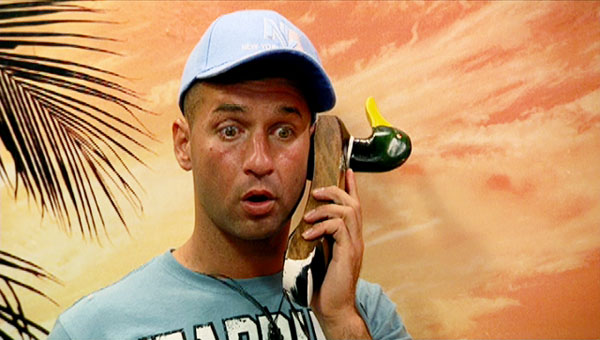This year, I am going through life guard training again with the East Bay Regional Park District. One of the lectures during the academy (yes, it is called an academy) was on treating victims who are on drugs. Because we are only going to have the Title 22 certification (below an EMT, but above First Aid), there are only so many things that we can do to help the person who is doped out. One of the precautions given to us by the supervisors was to be aware that the person is going to be seeing "things through a different lens. Their perceived "reality" may be very much different than what is actually going on."
If this is how you view the human body in real life, then you are in trouble.
I would be lying if I did not say that this past season of coaching was not my most frustrating. Practice was from 7-9pm or 6-9pm weekdays, which obviously ate into my free time. The season started with 43 swimmers, and we ended the year with 35. For many of my swimmers, practice and meets were an option, not a priority. Their other activities took precedence over swimming, and most nights we only had around 20 kids in the water. When they were in water, full effort was rarely seen from all the swimmers.
It ate at me internally, but I did my best to hide it. My parents are usually able to see right through me. Whenever I came home for dinner with my parents, they could tell that I was struggling with coaching. They listened and offered suggestions on getting the students in the water more, asked why it was different with my past coaching experiences. They allowed me to express my difficulties, and usually that was enough for me to clear my head.
Through my struggles, I have been able to bounce my ideas off of my parents. Somewhere on all my problems, there is probably this sticker that only they can see.
For one anecdote that I could use to sum up the season, it would be this: Two weekends ago, the team had league championships. Entries were due the week before that, and I had verified with the swimmers their availability for the meet. (Why should I have the need to do this? Because some swimmers had already made plans that they would not change for the league championship meet, and they would not be able to swim). This email I received Thursday night before the meet on Saturday:
Hello Mr. Savage,
I don't think I will be able to make the swim meet this saturday because it conflicts with my youth orchestra's concert.
I know that it is the last swim meet and I'm sorry that I will not be abler to join the team for it.
Never mind the fact that there is a typo in it (abler, or the lack of capitalization on Saturday), this is less than 48 hours before the league meet starts, with an athlete that I had on two relays.
It's a good thing I got this email at home, and not before practice. I probably looked like this after reading it.
In the moment, I was furious. How long had he known about his concert? Why was he just telling me this now? I needed to redo my lineups and relays.
With some frenetic work, I pushed swimmers around from relay to relay and made the lineup work again.
At the meet, we swam fast. A ton of personal and season bests. The relays ended up going fast. We qualified some relays for the sectional meet (a blog post on this later). Almost universally, the team got better and faster. It was a struggle, but the team got there.
At the end of the meet, I could choose to focus on how much of a struggle the season was. The low participation, the quitting, etc.
My perspective can change. I am not doped out on drugs, my perception of reality is not altered. The season was a success by almost all measures: best times, fast relays, improvement for almost every swimmer. I could focus on the fact that the student did not swim at the league meet, or I could see that he is a talented musician.
I can't let the struggle taint the season. At the meet, the other assistants and I said that their success had made the struggle worth it. A sentiment that I still have looking back on it.







.JPG)





.JPG)


